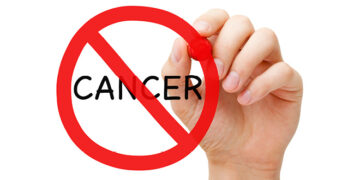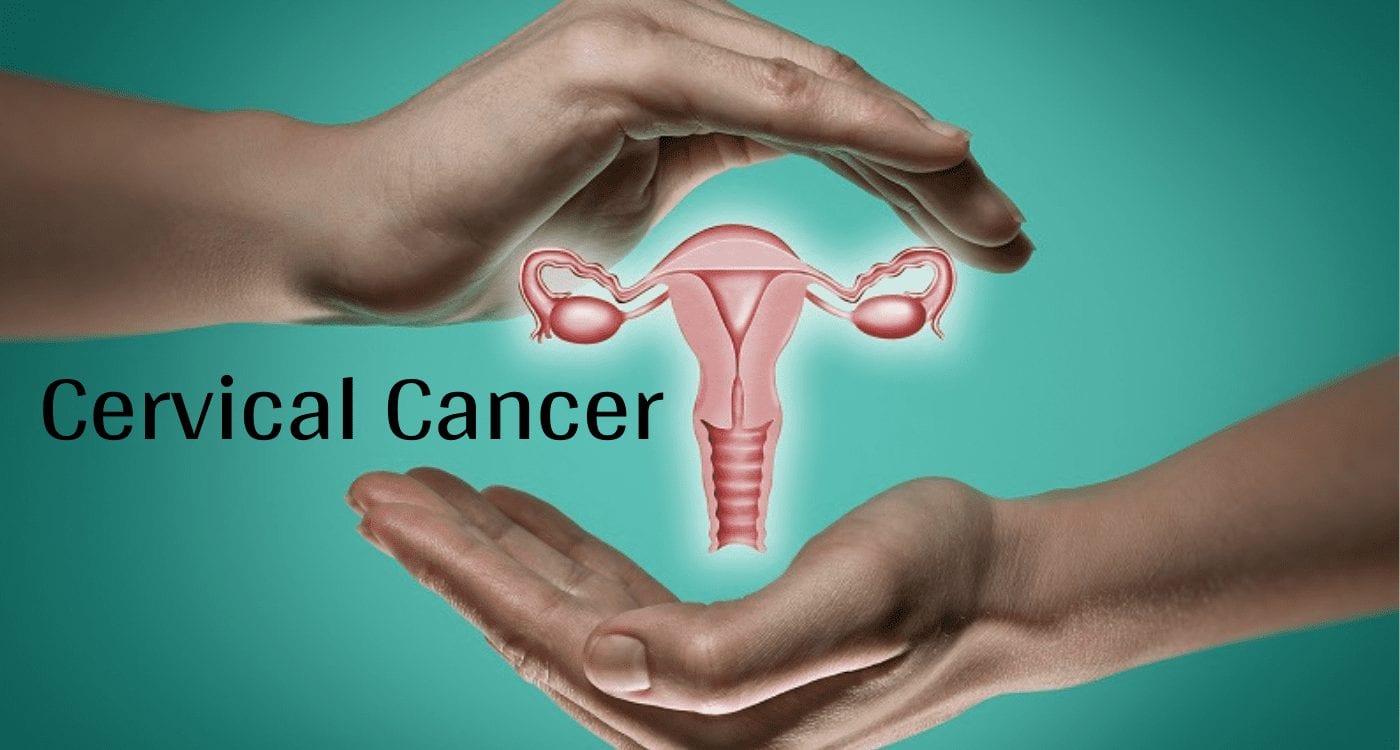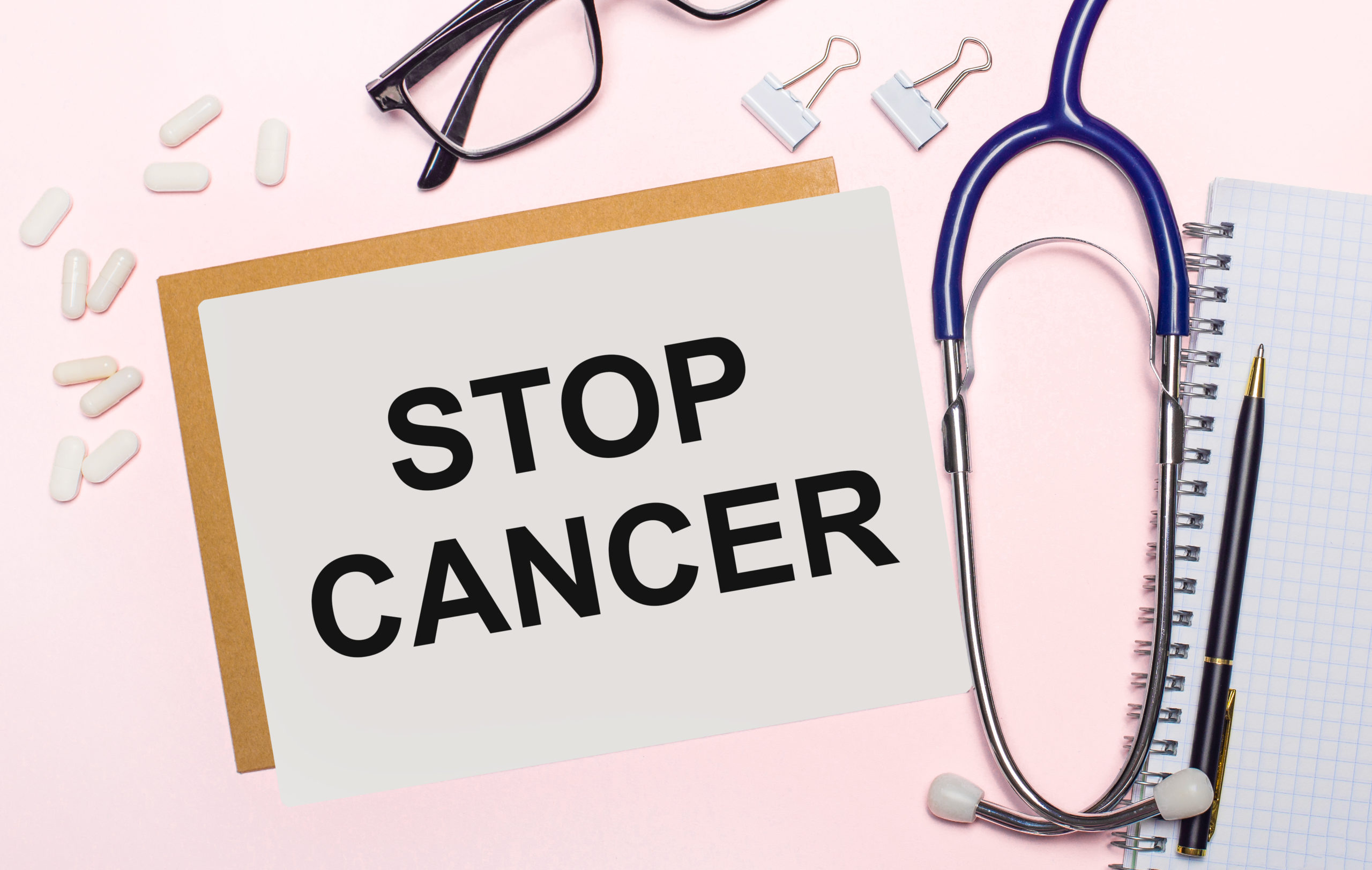Strategies to Lower Cancer Risk
One of the biggest challenges faced with conducting cancer prevention events is establishing a knowledge base and understanding with the participants. To create a healthier population, or to educate the community in such a way that they take a proactive step to living a healthier life, it is important to develop common-sense strategies that the community understands. It’s important to teach them about sun exposure and skin cancer risk, but equally important to teach them about other risk reduction strategies, such as exercise for busy moms or simple, cost effective food preparation.
There are no guidelines or limitations to the type of strategies you can develop. What is important is that you understand your communities unique needs and lifestyle norms so you can tailor the strategy to what is happening right where you live. Some research notes that lack of “real-world” resources or education that is focused on the population are barriers to delivering an effective program.
In this article methods to create population-specific strategies are discussed. Share this with your cancer committee, community outreach coordinators or other individuals who will help you plan your events.
To read the Oncology Nursing Society (ONS) article click here.


